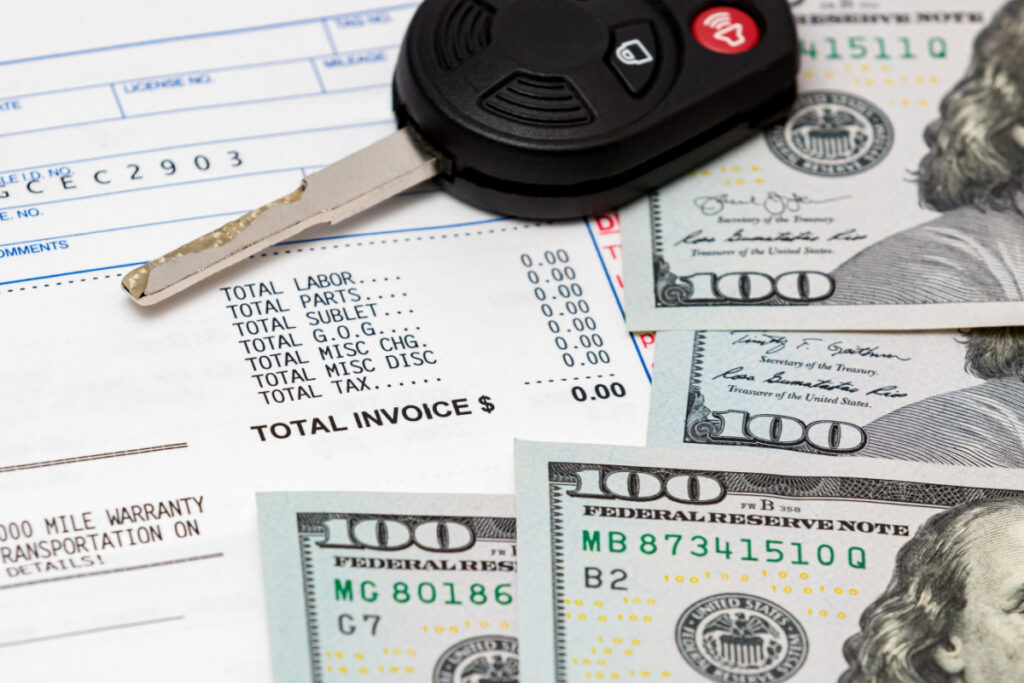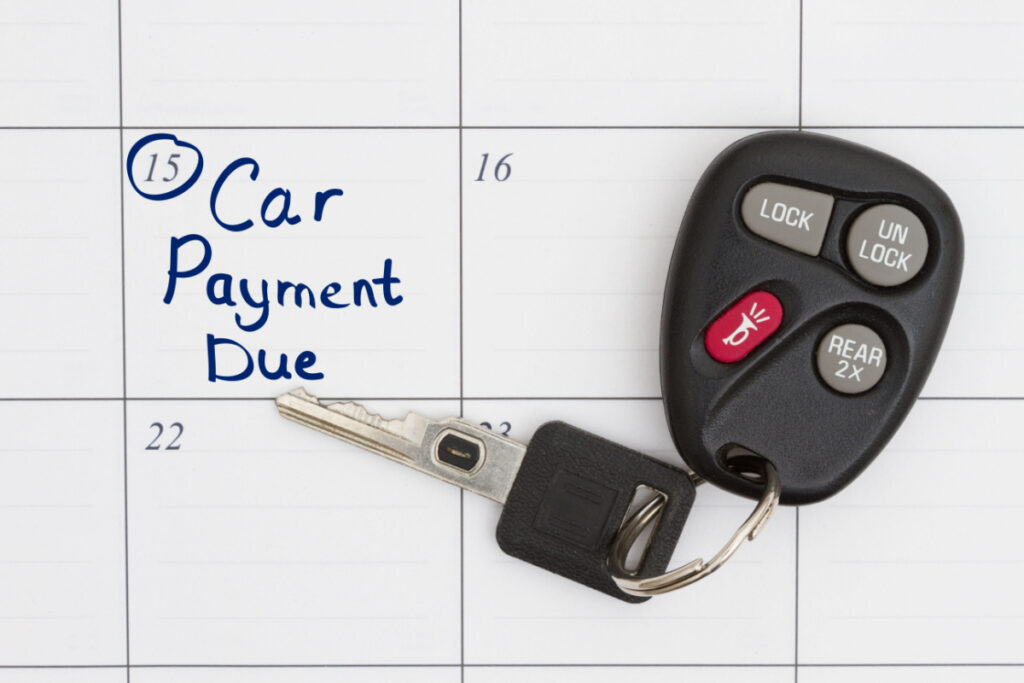Whether new or used, buying a car is a significant financial decision. It’s a world filled with slick sales pitches, glossy paint finishes, and the intoxicating scent of new upholstery. Yet beneath this allure lies a labyrinth of lesser-known facts and tactics employed by dealerships to keep you, the buyer, in the dark about certain aspects of the process.
From manipulative sales strategies to the less obvious financial maneuvers, this revealing guide will equip you with the knowledge to navigate the twists and turns of car buying confidently.
Contents
Dealer Invoice Price is not the Actual Cost

Dealerships often claim that the invoice price (the price the dealer paid the manufacturer for the car) is their cost, but this isn’t entirely true. Various dealer incentives, holdbacks, and bonuses can reduce the cost below the invoice price. Dealerships prefer to keep this knowledge under wraps to maintain higher profit margins.
The “Four Square” Negotiating Tactic

This is a common sales technique where the salesperson uses a four-square worksheet to juggle numbers and distract you from the actual vehicle cost. They manipulate trade-in values, purchase price, down payment, and monthly payment to confuse the buyer. Negotiating each part of the transaction separately is crucial to avoid this tactic.
Prepayment Penalties

Some auto loans have a prepayment penalty clause. This means if you pay off your loan early, you may incur a fee. Dealerships may not be upfront about these penalties because they discourage early repayment, which could cut the lending institution’s interest profits.
Mandatory Add-ons and Dealer Fees

Dealerships may insist that add-ons like paint protection, fabric protection, VIN etching, or additional warranties are mandatory when they’re actually not. They also might charge excessive “dealer prep” fees for tasks they’re already compensated for by the manufacturer.
Extended Warranties aren’t Always Worth It

Dealerships heavily push extended warranties because they’re profitable. However, these warranties often overlap with the manufacturer’s warranty and use language, making it difficult to claim the coverage you think you’re paying for.
Low Monthly Payments for Long-term Loans

A dealership might offer incredibly low monthly payments, but they don’t always disclose that they’re stretching the loan over a long period, such as 72 or 84 months. This results in you paying significantly more in interest over time.
Interest Rates Can Be Negotiable

When offering financing, dealerships might add a markup to the interest rate quoted by the lender (typically 1-2%). This increased rate can equate to a significant profit for the dealership over the life of the loan.
The Best Time to Buy

Dealerships have sales goals, both monthly and yearly. Shopping for a car towards the month’s or year’s end can lead to a better deal as salespeople strive to hit their targets. However, dealerships are unlikely to advertise this, preferring to spread their sales more evenly over time.
Trade-in Values Can Be Increased

If you’re trading in your old vehicle, the dealership may initially lowball its value. However, the trade-in price is often negotiable. Dealerships prefer to keep this a secret to increase their profit on the transaction.
The Importance of Pre-purchase Inspections

When buying a used car, a pre-purchase inspection by an independent mechanic can reveal hidden issues that the dealership may not disclose. Dealerships often prefer buyers to skip this step, especially if they’re aware of issues that could impact the sale.
This article originally appeared on MyCarMakesNoise.














